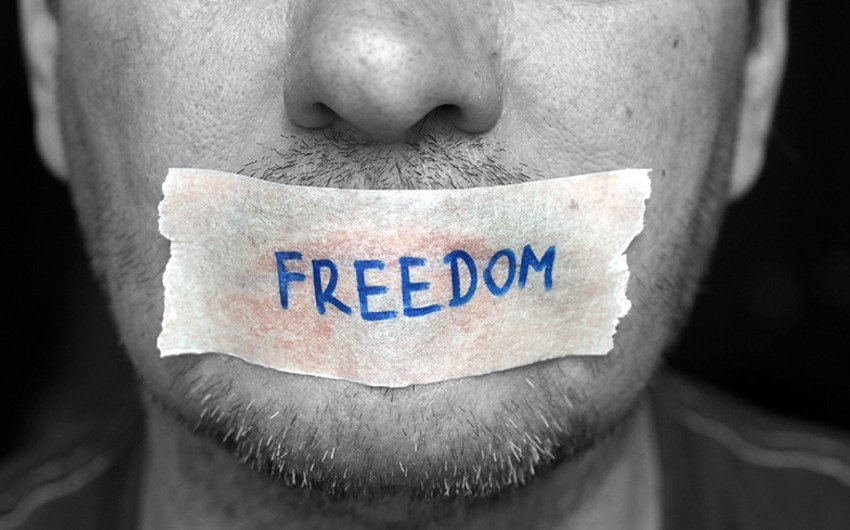In Europe, where freedom of expression is officially considered an inalienable right, cases of pressure on those whose views do not fit the mainstream are increasingly being recorded. Examples from Finland and the United Kingdom show how state institutions are beginning to resort to measures that until recently seemed unthinkable in a democratic society, Report informs with reference to the British magazine The Economist.
In Finland, former Interior Minister and Member of Parliament Päivi Räsänen became the subject of years-long criminal prosecution for a social media post where she questioned the participation of the country's Lutheran Church in an LGBT parade. She supported her position with references to biblical texts about sin and shame. This post in 2019 began a six-year judicial odyssey—from police interrogations to a possible review of the case in the Supreme Court, despite acquittals in the courts of first instance and appeal.
Similar alarming trends are also manifesting in the United Kingdom. In January 2024, police arrested Maxi Allen and his wife for online messages criticizing their daughter's primary school. The couple spent eight hours under arrest, and their home was searched. Although the situation seems absurd, it highlights the expanding interpretations of "offensive behavior" and police interference in private correspondence.
In many European countries, freedom of speech is de facto limited by informal frameworks of "responsibility" and "not offending others." Thus, legislation protects not only representatives of minorities but also political leaders: criticism of officials can be regarded as a criminal offense. In Germany, for example, Minister Robert Habeck filed about 800 complaints for insults directed at him.
The European Union is also strengthening control over online content through the Digital Services Act (DSA), obliging the largest platforms to consider "potential negative consequences for civic discourse." Critics fear this will lead to excessive self-censorship and slow down the free exchange of opinions.
Freedom of speech in Europe is still enshrined in laws, but in reality, it is increasingly limited by the balance between the right to express an opinion and the right "not to be offended." While the United States adheres to a more absolute approach, the European model is becoming increasingly regulated—to the detriment of open dialogue. As Päivi Räsänen noted: "We must be able to disagree—that is democracy."
The irony is that the governments of European countries, including Germany, France, and the Scandinavian states, loudly condemn restrictions on freedom of speech in other countries, positioning themselves as defenders of democratic values on the international stage. However, at home, these same authorities often resort to repressive measures themselves: they initiate criminal cases for dissent, impose fines, arrest, and even sentence their citizens to prison terms for statements that go beyond what is permissible from the authorities' point of view. Such duality of approach raises more and more questions about Europe's genuine commitment to the principles of freedom of speech and pluralism of opinions.


 https://images.report.az/photo/d61f5252-7afd-3f8b-a845-cbf6f28cdda7.jpg
https://images.report.az/photo/d61f5252-7afd-3f8b-a845-cbf6f28cdda7.jpg

